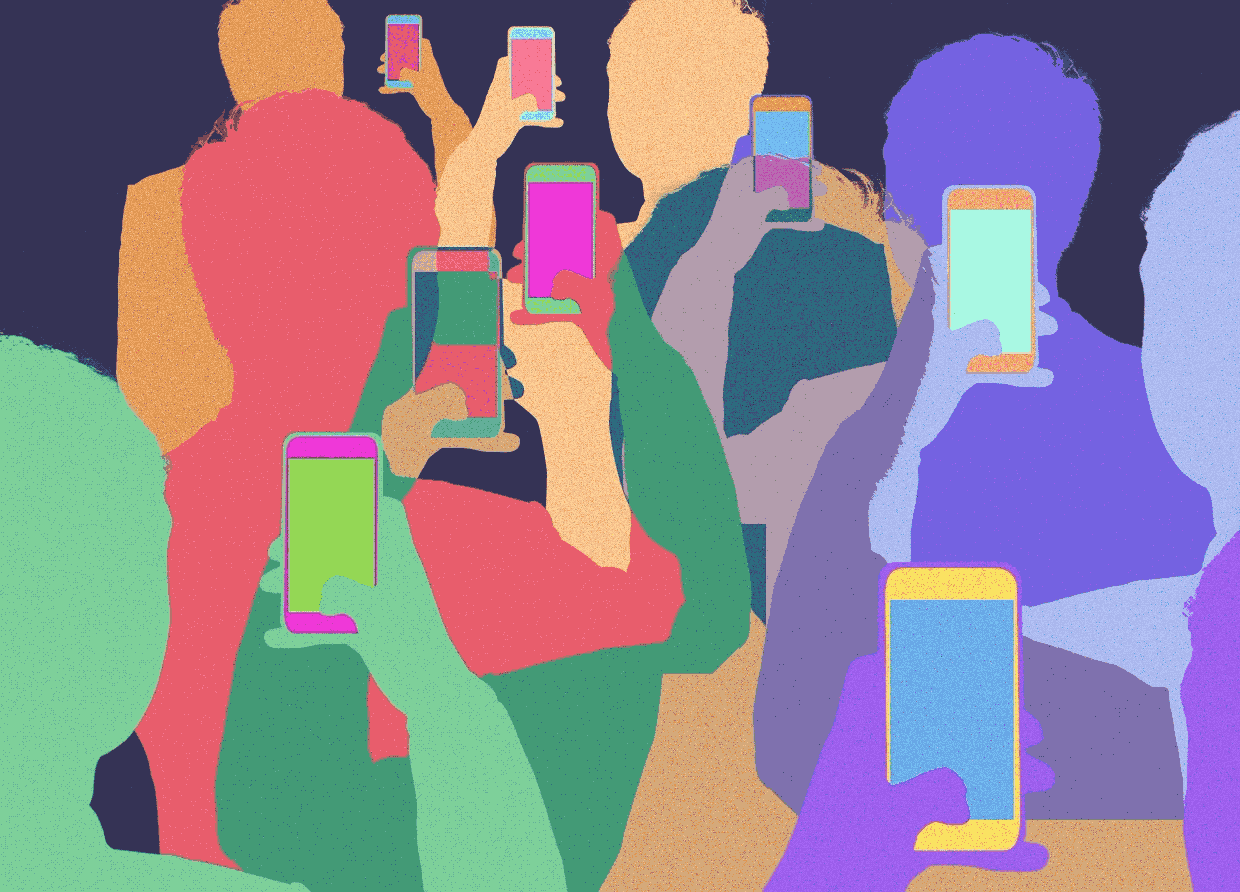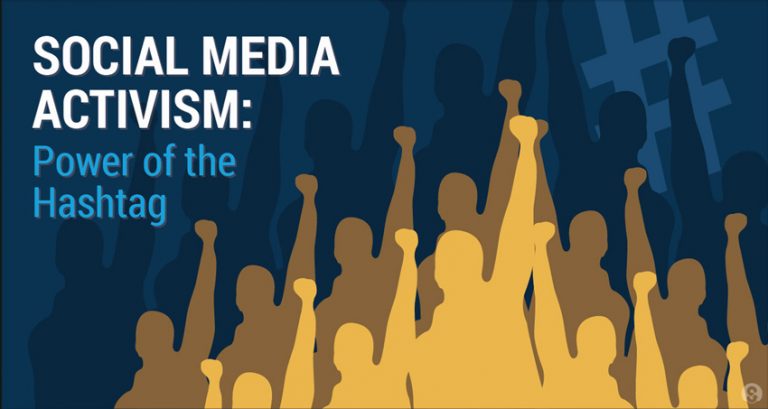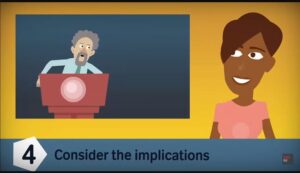Social media activism involves the use of digital platforms to promote social causes, amplify marginalized voices, mobilize support, shift national conversations on legal and social issues, and engage in collective action. It has emerged as a significant tool for raising awareness, driving legal and social reform, and fostering community engagement, particularly in movements like #MeToo and various local initiatives. According to Greijdanus et al. (2020), online social media activism also involves how people use platforms to document experiences, build communities, and mobilize for offline protests. It can be meaningful and worthwhile, as evidence suggests a positive relationship between online and offline activism, enhancing collective action and visibility.

Social media activism – voice of Frisco
The question of whether online activism is meaningful and worthwhile actually got me thinking about a lot of issues that we face around the world. How do people across the globe get to know or hear about social issues like the #FeesMustFall movement in South Africa, the #Black Lives Matter movement in the United States, the #EndSARS movement in Nigeria, and many others happening around the world? Gone are those days where progressive movements are done in isolation or restricted to just a country. According to Hutchinson (2023), the “presence of social media and the Web 2.0 platforms like Twitter and Facebook have provided activists with tools that previously only traditional media platforms had access to,” thus making it possible for people to share and even live stream their activism activities.

Social media activism – Anthony McCosker
Reflecting on the question of whether online social media activism can be meaningful and worthwhile would depend on several factors. For instance, a post by the University of Sussex indicates that while social media might be a useful platform for social justice, evidence suggests that these platforms are not accessible to a large number of people around the world. More importantly is the acknowledgement that such platforms can be weaponized for political use. Nevertheless, I think online social activism can be worthwhile because it creates opportunity for empowerment and identity formation. There are some people who find it difficult to share personal narratives or even express their identities. However, such platforms give them the opportunity to do so due to the collective consciousness of awareness being raised among people of the same identity or characteristics. This could possibly foster a sense of community and shared experience for such people. I have also witnessed a situation where online activism involved the sharing of an online bill in relation to a community issue. This successfully led to the mobilization of people within the affected community coming together for community engagement rallies on the respective issue. The online information that was shared through the bill actually informed and enhanced how the community members exercised their civic rights, engagement, and responsibilities.

Engaging in productive conversations about social justice online might be possible, even though it presents unique challenges and opportunities. I think there could sometimes be an issue of potential miscommunication through manipulation of posts causing a kind of passive interaction and backlash when using these digital spaces as indicated by the University of Sussex.
The responsibilities of educators in modelling active citizenship online will basically involve shaping students understanding of the digital space and their engagement within it. Since technology has dramatically changed how things are done around the world, it is important that educators take the responsibility of developing students digital citizenship skills, which can help promote a culture of engagement and collaboration in online spaces. This will involve guiding students in understanding online ethics, self-identity, and responsible online behavior (Kim & Choi, 2018). According to the authors, the S.A.F.E. model identifies how key components such as Self-identity, Activity, fluency, and ethics, which educators can use to structure their teaching. I think educators can also create an active learning environment where students are equipped to navigate the complexities of online interactions as they meaningfully engage in discussions around civic issues and responsibilities.

Thank you for your post! I am so glad you mentioned digital citizenship skills. Now, more than ever before, students need to be learning about ethics, identity and how their behaviours affect others. With a globally connected community, we need to be able to support, understand, empathize and learn from one another. Also, thank you for the article links, I especially enjoyed the link from the University of Sussex because it has a balance of pros and cons for social media activism.
Thanks for this thoughtful and well-researched post! I really liked how you explored both the potential and challenges of social media activism. The global examples you mentioned—like #FeesMustFall and #EndSARS—really show how digital platforms can connect movements across borders and raise awareness in powerful ways. Your point about identity and empowerment also stood out to me. For many, these platforms offer a space to share personal stories, connect with others, and build community, especially when those voices might be overlooked elsewhere.
I also appreciate your caution around the risks—how social media can be misused or remain inaccessible for some. It’s a good reminder that digital activism isn’t always straightforward. As educators, we do have a role in helping students navigate these spaces with awareness and responsibility. The S.A.F.E. model you mentioned sounds like a useful tool for guiding those conversations around identity, ethics, and engagement. Thanks again for sharing—lots of great takeaways here!
Karissa 🙂
Thank you for your thoughtful discussion on this topic. I really appreciated your point about how inaccessible social media is to a large portion of the world’s population. I feel that we in Western society tend to allow our privilege to blind us from the realities of the world. This blindness and assumption allows for global issues to remain invisible to us. Furthermore, I feel that we (in North America) are starting to see the reality and consequences of disinformation, which other countries have experienced for decades. The reality of our young age as nations reflects in our inexperience and naivety with these issues which have plagued the globe for generations.
When you discuss productive conversations regarding social justice, I find your astute point about the passive interaction or backlash due to miscommunication or manipulation. Productive conversations can only take place if both sides are willing to communicate honestly and without prejudice. Thank you for your thoughts!